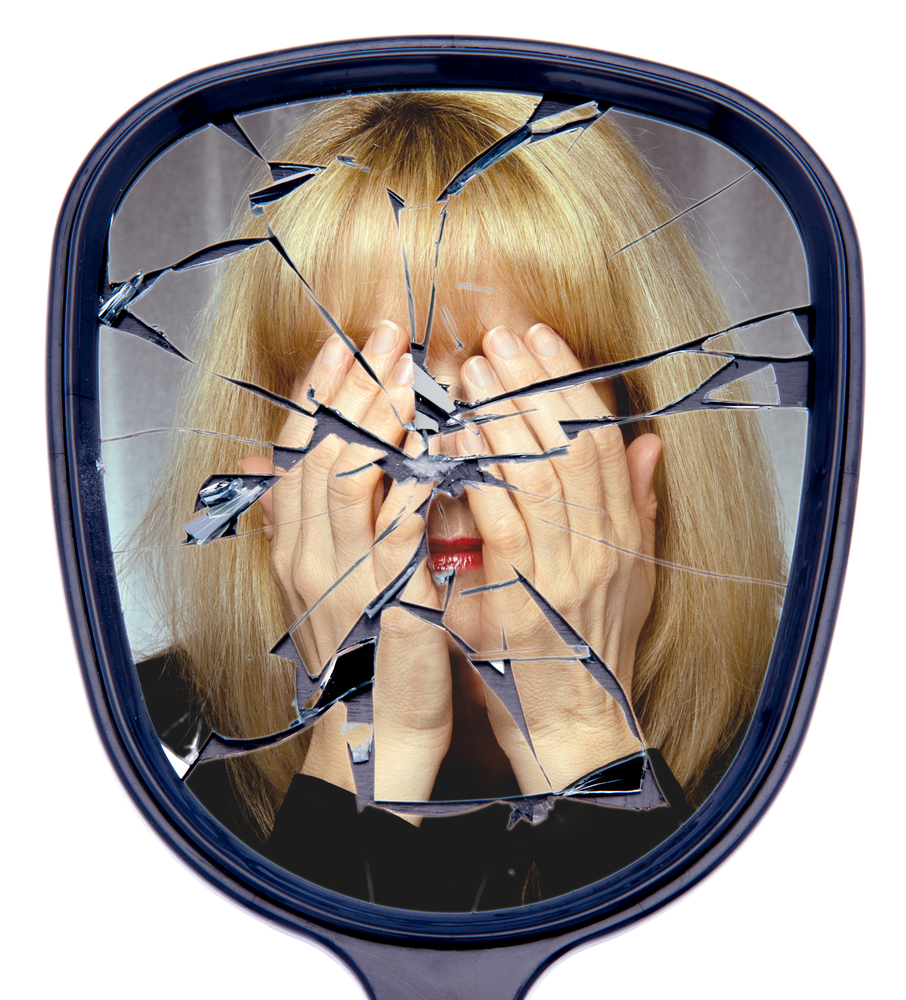The signs of an unhappy childhood aren’t always evident until you’re well into adulthood. You suddenly realize that many of the toxic habits and patterns you have in relationships are down to the way you grew up, and it kinda sucks. While working with a therapist can help you process trauma and find better coping skills, you first have to recognize you need the help to begin with. Here are some signs you had an unhappy childhood that’s still haunting you today.
1. You’ve Become a People-Pleaser

Growing up in an unhappy childhood may have conditioned you to prioritize others’ needs and desires over your own. As an adult, this can manifest as chronic people-pleasing, where you struggle to say no, set boundaries, or voice your preferences. Learning that caring for your needs is not selfish but necessary for your well-being is essential.
2. Your Perfectionism is Killing You

An unhappy childhood often leads to constantly pursuing perfection to gain approval or avoid criticism. This can result in adult life as perfectionism, where you set unrealistically high standards for yourself and fear making mistakes. Embracing self-compassion and accepting that nobody is perfect can help you break free from this cycle.
3. You Have a Bad Case of Imposter Syndrome

Experiencing consistent criticism or negativity during childhood can contribute to imposter syndrome as an adult. You may doubt your abilities and feel like a fraud, even when you’ve achieved success. Overcoming imposter syndrome involves acknowledging your accomplishments and learning to internalize your worth.
4. You Don’t Trust Your Gut

Growing up in an unhappy environment may have conditioned you to distrust your intuition or gut feelings. As a result, you might second-guess your decisions or rely too heavily on external validation. Reconnecting with and trusting your inner wisdom can lead to more confident decision-making.
5. You Never Let Your Guard Down

An unhappy childhood can make it challenging to be vulnerable in relationships. You may have learned to protect yourself by keeping your emotions hidden. Learning to embrace vulnerability and share your feelings with trusted individuals can lead to deeper, more meaningful connections.
6. You Can’t Express Anger

In an unhappy childhood, expressing anger may not have been allowed or may have been met with negative consequences. This can result in difficulty expressing anger constructively as an adult. Learning healthy ways to acknowledge and express your anger can be empowering and improve your emotional well-being.
7. You Feel Awkward When Someone Compliments You

Your childhood might have conditioned you to deflect compliments or feel unworthy of praise. You downplay or attribute your achievements to luck rather than acknowledging your abilities. This habit can lead to a lack of self-confidence and prevent you from recognizing your true worth. Overcoming this challenge involves practicing self-compassion and reminding yourself that you deserve recognition and appreciation for your efforts. Start by accepting compliments graciously and internalizing positive feedback to boost your self-esteem.
8. You Find It Impossible to Set Boundaries

You may find it hard to set boundaries in relationships, often putting your needs last. This tendency can lead to burnout and emotional exhaustion as you prioritize others over yourself. Learning to set healthy boundaries is essential for maintaining balanced relationships and self-care. It involves understanding your needs, communicating them clearly to others, and being firm in your limits. It may take time to develop this skill, but it’s crucial for maintaining your well-being and ensuring your needs are met in any relationship.
9. You Need to Be Admired to Feel Good

Unresolved childhood issues can lead to seeking constant validation from others to fill an emotional void. You might rely on praise for your self-worth and seek approval from friends, partners, or colleagues. While validation can feel comforting, it’s essential to recognize that true self-worth comes from within. To break this pattern, focus on building self-esteem by setting and achieving personal goals, engaging in self-care, and surrounding yourself with supportive individuals who appreciate you for who you are rather than what you do.
10. You’re Terrified of Rejection

A challenging childhood can lead to a deep-seated fear of rejection, making it difficult to initiate new relationships or open up to others. This fear can hold you back from pursuing opportunities, taking risks, or forming meaningful connections. Overcoming this fear involves acknowledging it and gradually exposing yourself to situations where rejection is possible. Remember that rejection is a natural part of life and doesn’t define your worth. Building self-confidence and practicing self-compassion can help you navigate this fear and lead a more fulfilling life.
11. You Overthink EVERYTHING

You may have a habit of overthinking situations and anticipating negative outcomes. This constant rumination can increase anxiety and make decision-making challenging. To break free from overthinking, practice mindfulness and focus on the present moment. Consider seeking support from a therapist or counselor to address the root causes of your overthinking tendencies.
12. You Have a Fear of Abandonment

An unhappy childhood can instill a fear of abandonment, leading to clinginess or an inability to trust others in close relationships. This fear can create a cycle of insecurity and push people away. It’s essential to build self-assurance and understand that not everyone will leave. Focus on developing healthy relationships where trust and communication thrive.
13. You Can’t Forgive Yourself

Past mistakes or regrets from an unhappy childhood may lead to self-blame and difficulty forgiving yourself. Recognizing that everyone makes mistakes is crucial, and self-forgiveness is essential for personal growth. Practice self-compassion, acknowledge your errors, and work on learning from them rather than dwelling on self-criticism.
14. You Subconsciously Self-Sabotage

Unresolved issues from your unhappy childhood may lead to subconscious self-sabotage in adulthood. You might unconsciously undermine your own success or happiness because you don’t believe you deserve it. Recognizing and addressing these self-sabotaging behaviors is essential for personal growth.




